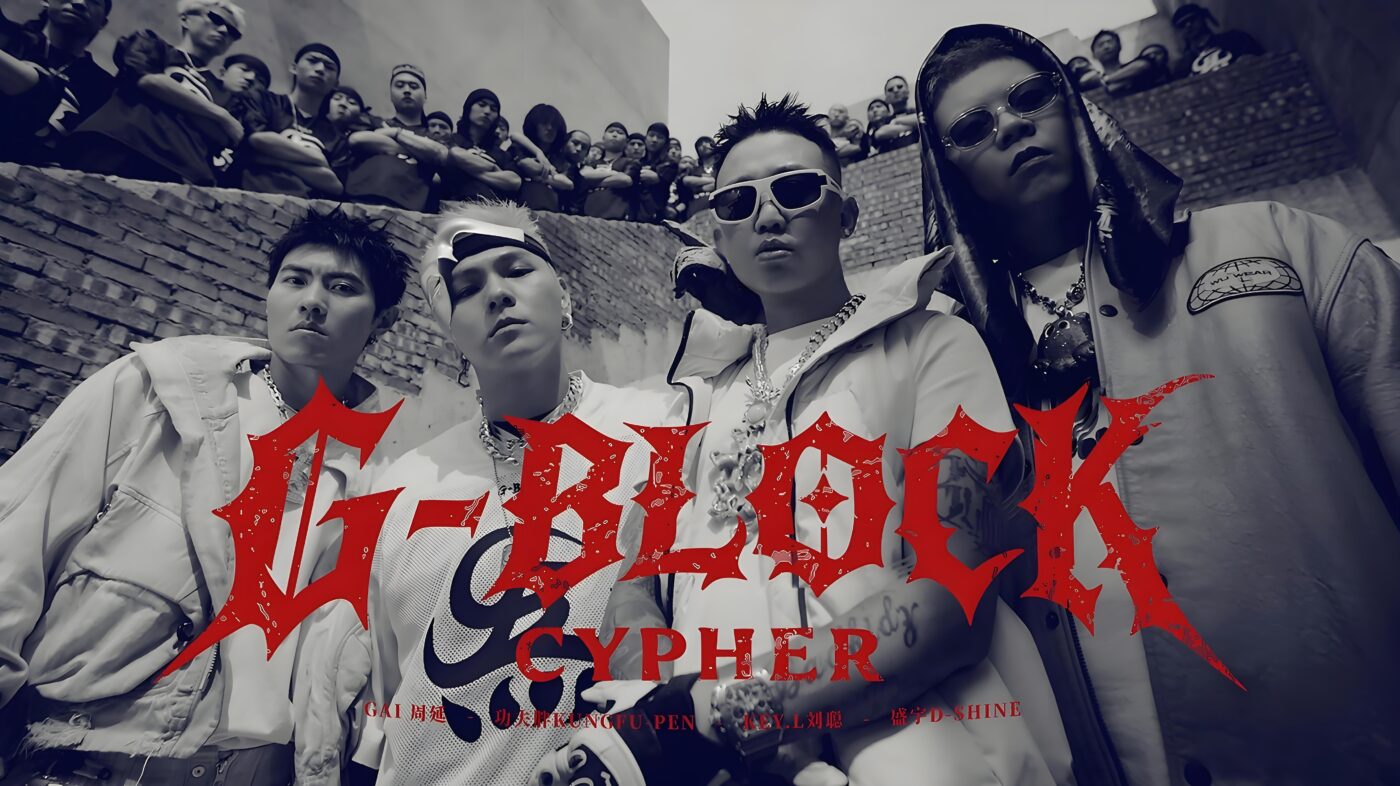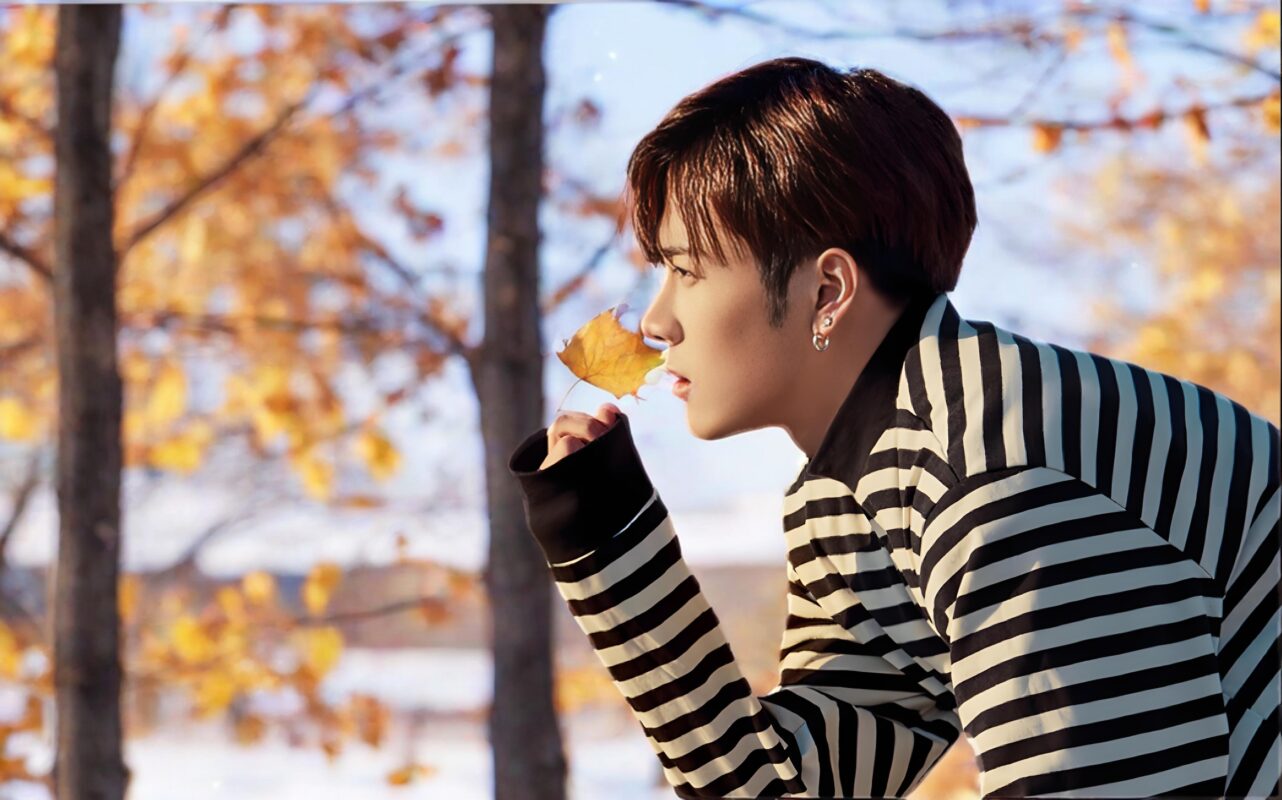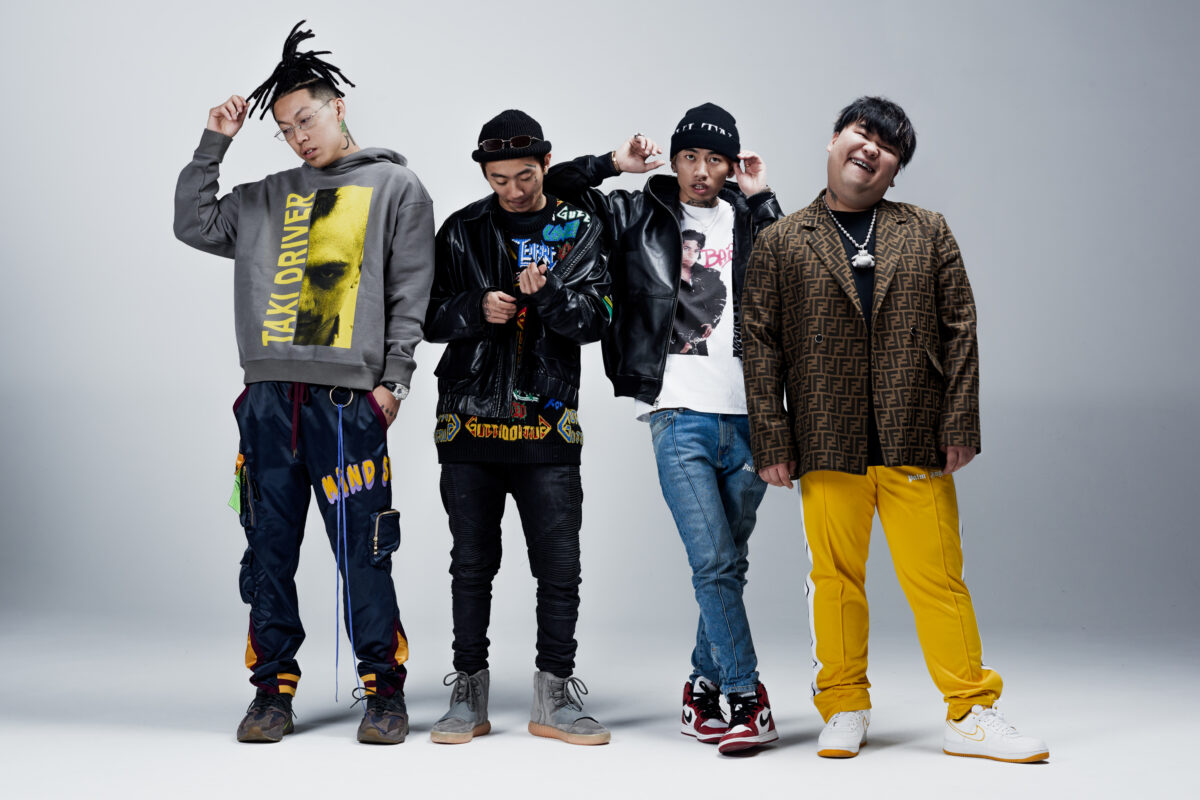Introduction In the ever – evolving landscape of the music industry, few events are as eagerly anticipated as the release of a new album by a promising artist or group. G – Block, a rising force in the music scene, has recently dropped their latest masterpiece, “Get Good Fame.” This album is not just a […]
Category Archives: Chinese Rapper
Chinese rap is a dynamic and rapidly evolving genre that has carved out a significant space in the global hip-hop landscape. Chinese rappers are known for their unique ability to blend traditional cultural elements with modern beats, creating music that resonates with both domestic and international audiences. This comprehensive guide explores the world of Chinese rappers, highlighting their origins, influences, and impact on the music industry.
Origins and Evolution
The rise of Chinese rap can be traced back to the early 2000s, influenced by the global spread of hip-hop culture. Initially, it was an underground movement, with artists using the genre as a means of self-expression and rebellion. Over time, Chinese rap has gained mainstream popularity, thanks in part to reality TV shows like "The Rap of China," which brought the genre to a wider audience.
- Early Pioneers: Early Chinese rappers like MC HotDog and Jin Au-Yeung (MC Jin) played a crucial role in laying the foundation for the genre. MC HotDog, often referred to as the "godfather of Chinese rap," is known for his provocative lyrics and impactful storytelling. MC Jin, a Chinese-American rapper, gained fame by winning a series of rap battles on BET's "106 & Park" and later integrating his multicultural experiences into his music.
Cultural Fusion and Lyrical Content
Chinese rappers are adept at blending Western hip-hop elements with traditional Chinese culture, creating a distinctive sound that sets them apart.
- Cultural Elements: Artists often incorporate traditional Chinese instruments, melodies, and poetic forms into their music. This fusion creates a unique auditory experience that honors their cultural heritage while pushing the boundaries of contemporary rap.
- Lyrical Themes: The lyrics of Chinese rap songs often explore themes such as social issues, personal struggles, cultural identity, and the pursuit of dreams. Rappers like GAI and VAVA address topics ranging from societal pressures to individual empowerment, reflecting the concerns and aspirations of a younger generation.
Prominent Chinese Rappers
Several Chinese rappers have risen to prominence, each bringing their unique style and perspective to the genre.
- Kris Wu: A former member of the popular boy band EXO, Kris Wu has successfully transitioned to a solo career, becoming one of China's most influential rappers. His music often features a mix of English and Mandarin lyrics, and he has collaborated with international artists like Travis Scott and Rich Brian.
- GAI: Known for his deep, gritty voice and introspective lyrics, GAI gained widespread recognition after winning "The Rap of China." His music often delves into personal and societal issues, resonating with a broad audience.
- VAVA: Often dubbed the "Queen of Chinese Rap," VAVA has made a significant impact with her bold style and powerful performances. She addresses themes of female empowerment and independence, breaking stereotypes in the male-dominated rap industry.
- Higher Brothers: This four-member group from Chengdu has gained international acclaim for their catchy beats and clever lyrics. Higher Brothers seamlessly blend Mandarin and Sichuan dialect in their songs, and their energetic performances have made them a global sensation.
Impact and Global Reach
The influence of Chinese rap extends beyond the borders of China, as artists collaborate with international musicians and perform on global stages.
- International Collaborations: Chinese rappers frequently collaborate with artists from around the world, helping to bridge cultural gaps and introduce Chinese hip-hop to new audiences. These collaborations enhance the global appeal of Chinese rap and highlight the genre's versatility.
- Social Media and Streaming Platforms: The rise of social media and music streaming platforms has played a crucial role in the spread of Chinese rap. Platforms like Weibo, Douyin (TikTok), and YouTube allow artists to reach a global audience, breaking down geographic barriers.
Challenges and Future Prospects
While Chinese rap continues to grow in popularity, it also faces challenges, such as censorship and cultural acceptance.
- Censorship: Chinese rappers often navigate strict government regulations and censorship, which can impact their lyrical content and artistic freedom. Despite these challenges, many artists find creative ways to express their messages within the constraints.
- Cultural Acceptance: As Chinese rap becomes more mainstream, it is gradually gaining cultural acceptance. The genre's ability to address contemporary issues and connect with young audiences has contributed to its growing legitimacy and influence.
Conclusion
Chinese rappers are at the forefront of a cultural revolution, using their music to challenge norms, express individuality, and bridge cultural divides. Their unique blend of traditional Chinese elements with modern hip-hop beats has created a distinctive genre that resonates with listeners around the world. As Chinese rap continues to evolve, it promises to remain a powerful voice for a generation navigating the complexities of a rapidly changing world. Whether through introspective lyrics, innovative beats, or dynamic performances, Chinese rappers are making an indelible mark on the global music scene.
Profile of NINEONE#: The Voice of a Generation in Chinese Hip-Hop 1. Early Life and Artistic Foundations Keyword: Xi’an Key Sentence: Born in Xi’an, NINEONE#’s early life laid the groundwork for her multifaceted artistry. NINEONE#, born Zhao Xinyue (formerly Zhao Hui) on December 15, 1996, hails from Xi’an, a city rich in cultural heritage. This […]
Fan Chengcheng has rapidly become one of the most prominent names in the Chinese entertainment industry. Known for his multifaceted talents in music, acting, and fashion, Fan has successfully carved out a unique identity, building a career independent of the fame of his older sister, renowned actress Fan Bingbing. Born on June 16, 2000, in […]
Real Name: Wang Hao (王昊) Stage Name: PG One Date of Birth: April 19, 1994 Place of Birth: Harbin, Heilongjiang, China Nationality: Chinese Occupation: Rapper, Songwriter Genres: Hip-Hop, Rap Years Active: 2017–present Social Media: Active on Weibo (though several accounts have been suspended at times) Notable Achievements: Winner of The Rap of China (2017) Early […]
Stage Name: Air (艾热) Full Name: Airepat·Ainiwan (艾热帕提·艾尼玩) Date of Birth: June 1, 1993 Place of Birth: Kashgar, Xinjiang, China Nationality: Chinese Ethnicity: Uyghur Occupation: Rapper, Singer, Songwriter, Producer Genres: Hip-Hop, Rap, R&B Years Active: 2016–present Notable Works: “UUG abiz”, “Journey”, The Rap of China Winner Social Media: Active on Weibo Early Life and Musical […]
Name: Wang Hedi English Name: Dylan Wang Chinese Name: 王鹤棣 Date of Birth: December 20, 1998 Place of Birth: Chengdu, Sichuan, China Nationality: Chinese Profession: Actor, Singer, Model Social Media Links: Weibo Instagram Early Life and Background Wang Hedi, widely known as Dylan Wang, was born on December 20, 1998, in Chengdu, Sichuan, China. Growing […]
Name: Jackson Wang Chinese Name: 王嘉尔 Date of Birth: March 28, 1994 Place of Birth: Kowloon Tong, British Hong Kong Nationality: Chinese Profession: Singer, Rapper, Dancer, Producer, Entrepreneur Social Media Links: Weibo Instagram Twitter Early Life and Background Jackson Wang was born on March 28, 1994, in Kowloon Tong, British Hong Kong. He hails from […]
Name: MaSiWei Chinese Name: 马思唯 Date of Birth: January 29, 1993 Place of Birth: Chengdu, Sichuan, China Nationality: Chinese Profession: Rapper, Songwriter, Producer Affiliations: Higher Brothers, 88rising Social Media Links: Weibo Instagram Twitter Early Life and Education MaSiWei was born on January 29, 1993, in Chengdu, Sichuan, China. From a young age, MaSiWei exhibited a […]
Name: Higher Brothers Formation: 2016 Members: MaSiWei, DZknow (formerly known as DZ), Psy.P, Melo Origin: Chengdu, Sichuan, China Genre: Hip Hop, Rap Associated Acts: 88rising, Bohan Phoenix, Joji, Rich Brian Social Media Links: Weibo Instagram Twitter Early Beginnings Higher Brothers, often regarded as the face of Chinese hip hop, originated in the vibrant city of […]









